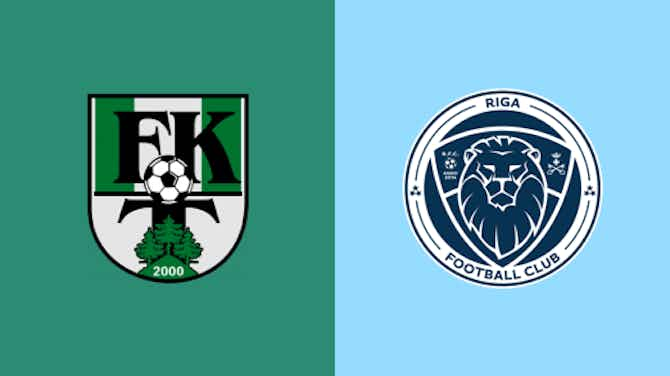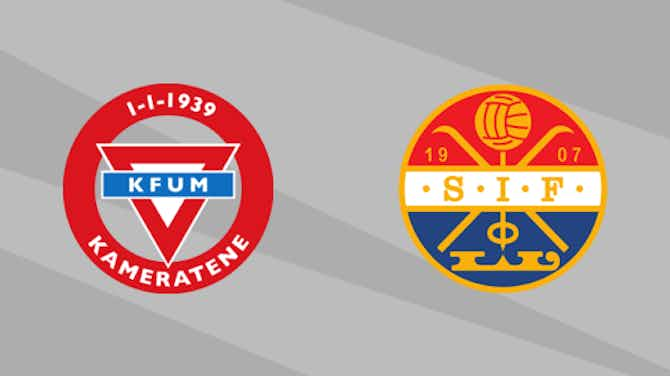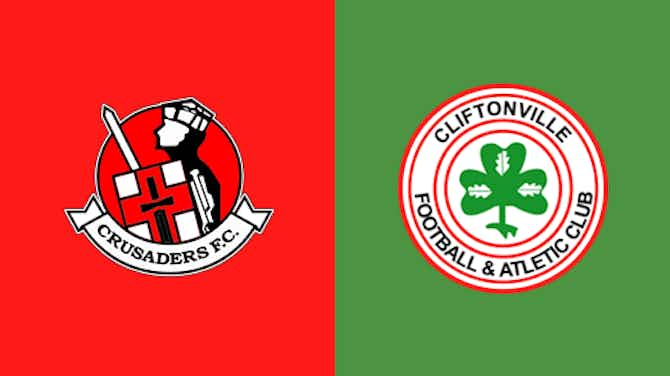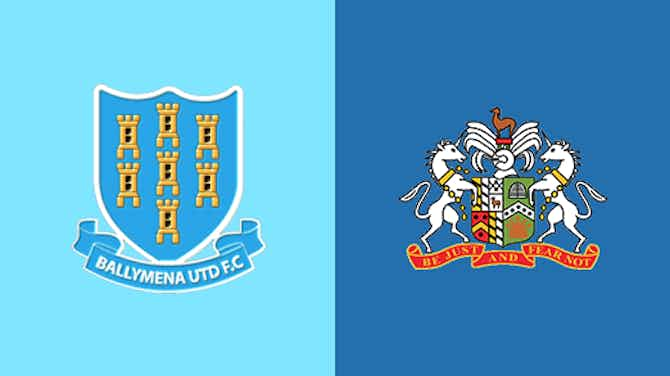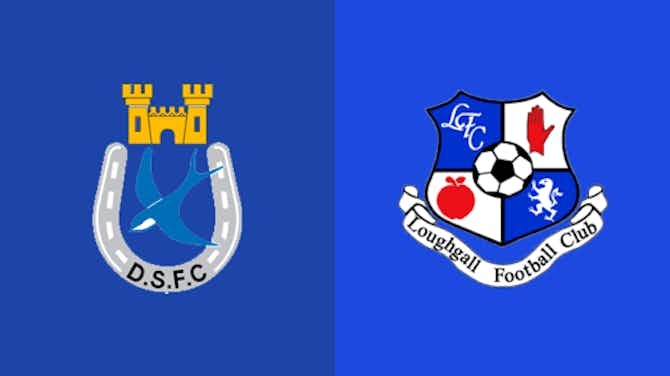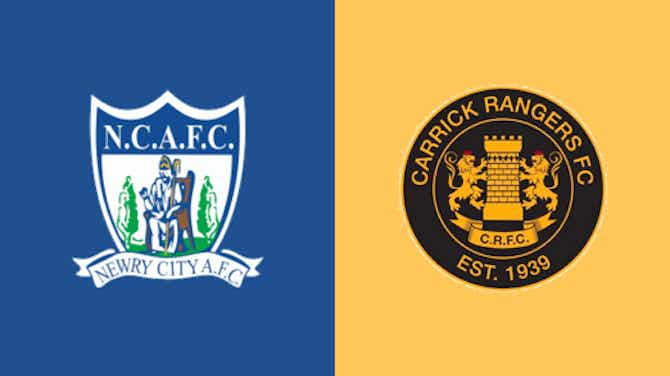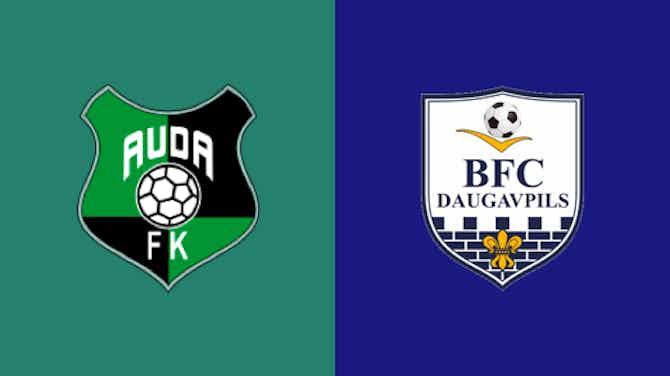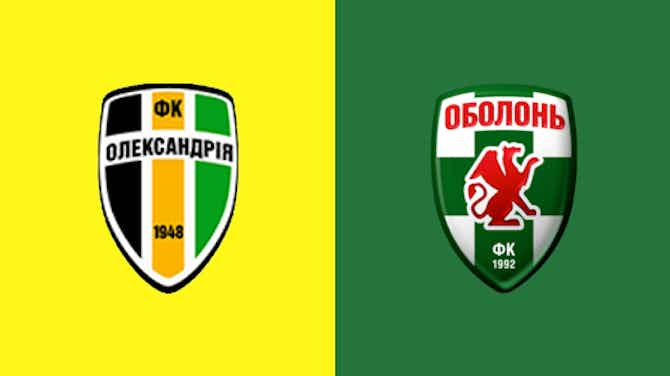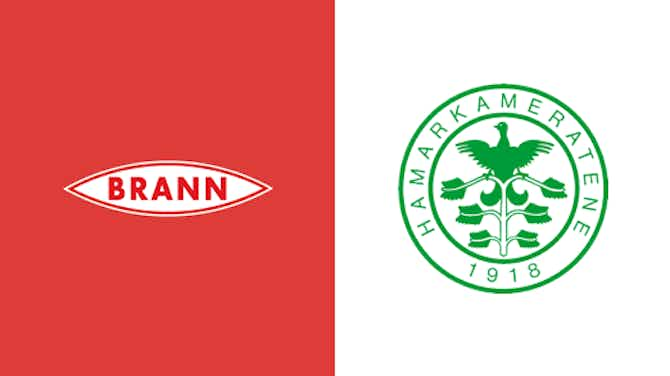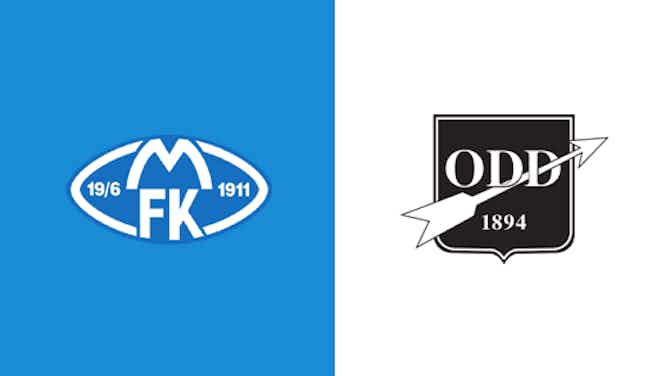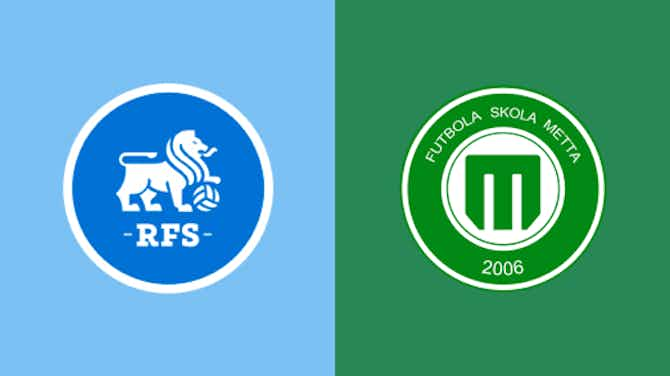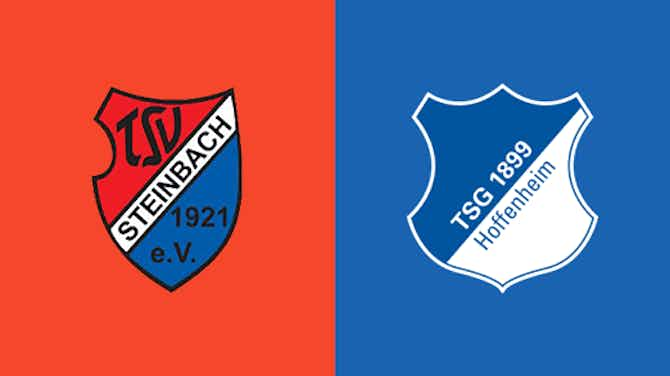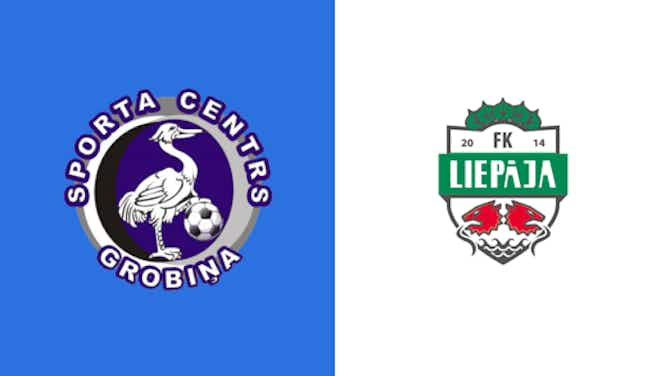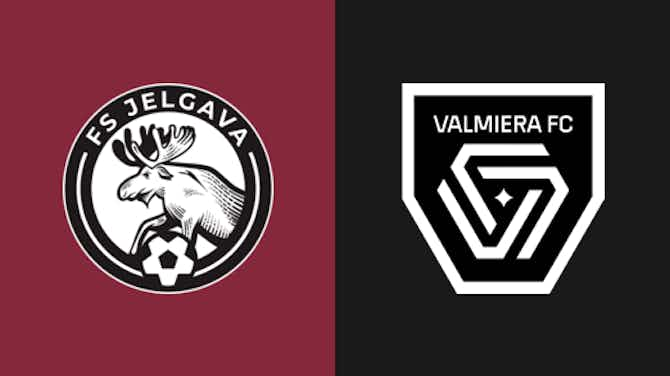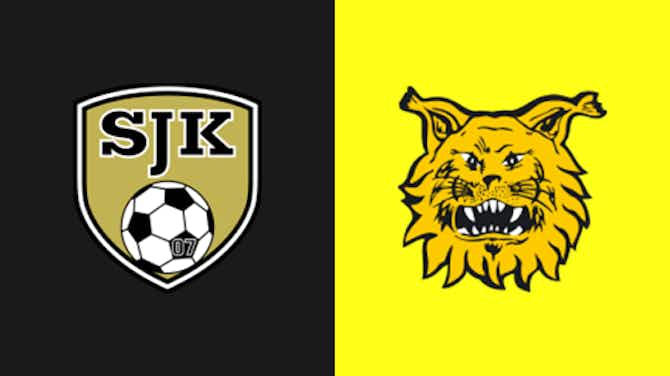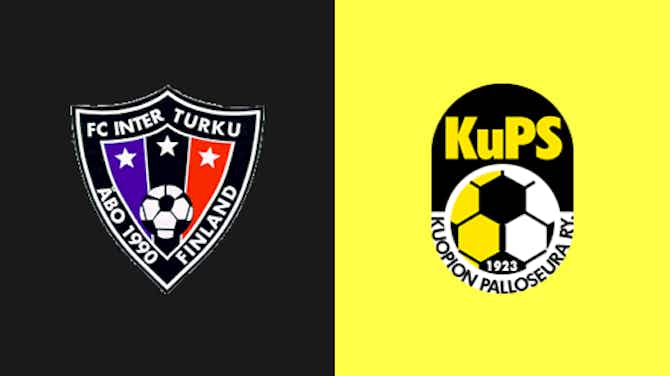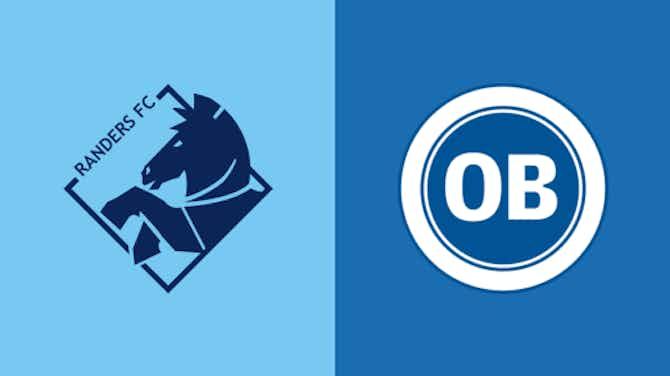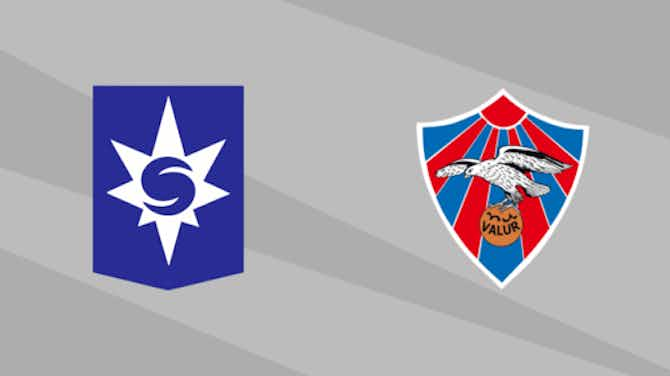The Football Faithful
·19 April 2021
From Benfica to Spurs – Rating each of Jose Mourinho’s managerial reigns
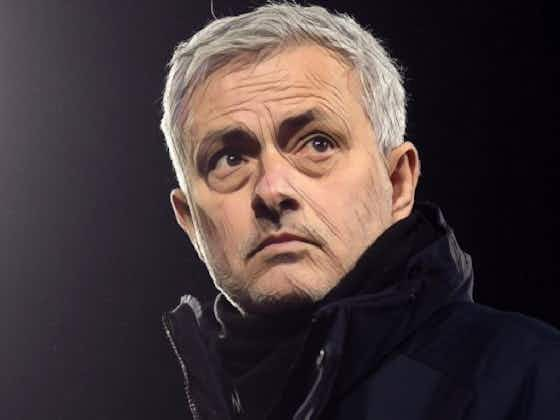
The Football Faithful
·19 April 2021

Jose Mourinho has been sacked from his position as Tottenham’s head coach, the under-fire manager brought in for talks with the club’s hierarchy following a disappointing second half of the season.
One of the greatest coaches of his generation, the latter years of Mourinho’s career have proven difficult as he has struggled to replicate the successful reigns that have seen him win eight league titles and two Champions League trophies.
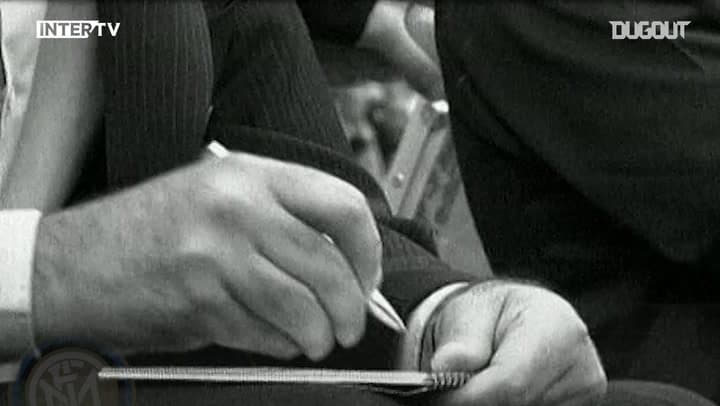
Following the confirmation of his Tottenham exit, we look back and rate each of Mourinho’s managerial reigns.
Benfica
Having worked as a coach alongside the likes of Sir Bobby Robson and Louis van Gaal at clubs such as Porto and Barcelona, Mourinho returned to his native Portugal where he was handed a first senior role.
Stepping up from assistant manager to replace Jupp Heynckes, Mourinho’s tenure at Benfica ultimately proved brief.
Having initially disobeyed the Benfica hierarchy in the choosing of his assistant, Mourinho found himself in the firing line following a change of president at the Portuguese club.
Despite Mourinho’s impressive start in management, the newly-elected Manuel Vilarinho was keen to appoint ex-Benfica player Toni as his new coach. Mourinho used a 3-0 derby success over city rivals Sporting to ask for a contract extension as a test of loyalty, which when refused, saw Mourinho resign.
His reign lasted just nine league fixtures, Vilarinho later admitting that he had made a huge mistake in allowing the future Champions League winner to leave.
Rating: 3/10
União de Leiria
Mourinho was next appointed as manager of União de Leira in 2001, where he soon had the traditional minnows punching well above their weight in Portugal’s top flight.
The young manager’s impact soon attracted attention, however, Mourinho having guided the club on an unbeaten run and towards the top of the division.
His reign at the club lasted just six months, as a Porto side languishing behind the high-flyers hand-picked the emerging coach mid-season to revive their fortunes.
Rating: 7/10
Porto
The club where it all really began for Mourinho, establishing himself as a household name in European football following a trophy-laden spell with the Portuguese giants.
His initial first half-season saw him put together an impressive run of form, guiding the struggling side into the top three and securing qualification for the following season’s UEFA Cup.
Having added to a core of players including Ricardo Carvalho and Deco with signing such as Derlei, Maniche and Nuno Valente, Mourinho’s first full season delivered a treble of trophies, including winning the title with a then-record 86 points.
Former club União de Leira were defeated in the domestic cup final, before a memorable UEFA Cup run was rewarded with a thrilling victory over Celtic in the final in Seville.
The following season began with Portuguese Super Cup success before retaining their league title, finishing the season with a perfect home record as back-to-back championships were secured.
However, the best was still yet to come for Mourinho, who truly announced himself with a shock Champions League triumph. The iconic image of that season saw Mourinho wildly celebrating down the Old Trafford touchline, as Porto dramatically knocked out Manchester United on away goals in the last eight.
Now a familiar face in European football, the bright lights of the Premier League soon came calling.
Rating: 10/10
Chelsea
Backed by Roman Abramovich’s billions, Chelsea wanted a star manager as they looked to establish themselves amongst England and Europe’s elite following the Russian’s investment.
Announcing himself as the ‘Special One’ in his first press conference in 2004, Mourinho was rarely out of the headlines during a memorable spell in west London.
His lavish spending created a formidable squad at Stamford Bridge, Chelsea securing League Cup success alongside a first league title in 50 years during his first season in English football, the Premier League won with a then record points total and just 15 goals conceded.
Back-to-back titles were secured the following year, though the club failed to progress past the semi-finals of the Champions League in any of Mourinho’s three seasons in charge.
The cracks began to show in the third season, as they so often have during his career, amid power struggles at the club despite a domestic cup double being achieved.
Mourinho endured a difficult relationship with Abramovich and sporting director Frank Arnesen at times, whilst he was also unhappy at the appointment of Avram Grant as Director of Football.
Just a month into his fourth season at the club, Chelsea parted company with the most successful manager in their history by mutual consent.
Rating: 9/10
Inter Milan
Mourinho’s next venture saw him head to Serie A and Inter Milan, where he replaced Roberto Mancini at the Italian champions.
His first season delivered yet another league title, though the club’s failure to make an impression on the Champions League led many to question whether the Nerazzurri had improved under their new manager.
The following summer saw Mourinho revamp his playing squad, bringing in the likes of Genoa forward Diego Milito and bolstering his midfield with the signings of Thiago Motta and Wesley Sneijder.
Star forward Zlatan Ibrahimovic departed for Barcelona in a mega-money swap deal involving Samuel Eto’o, though Mourinho’s summer activity soon paid dividends.
Fired by the goals of Milito and Eto’o, Inter enjoyed the greatest season in the club’s long and illustrious history, completing Italian football’s first-ever continental treble.
The Scudetto was secured after finishing two points clear of nearest challengers Roma, whilst the same side were also later defeated in the final of the Coppa Italia.
An elusive wait for European success was also ended, former clubs Chelsea and Barcelona memorably eliminated on route to the Champions League final, where victory over Bayern Munich sealed Inter’s first European Cup in 45 years.
Mourinho’s departure to Real Madrid was announced shortly after, leaving his loyal Inter players distraught.
Rating: 10/10
Real Madrid
Arguably the biggest name in football management arriving at arguably the biggest club in world football seemed a match made in heaven.
However, Mourinho’s extroverted personality in the often volatile environment of the Bernabeu made for predictable clashes of characters.
Tasked with halting Pep Guardiola’s all-conquering Barcelona side was a formidable proposition, though one that Mourinho relished in what soon became a fascinating managerial rivalry.
His first season saw him struggle to contain the Catalan side, thrashed 5-0 in the Camp Nou and eliminated by their arch-rivals in the semi-finals of the Champions League. Revenge came in the form of Copa del Rey final success, though Mourinho needed to elevate his side to new levels the following year.
That following season saw Mourinho guide Real to one of the greatest La Liga campaigns in history, finishing with 100 points and setting several records including the most goals scored (121), most wins (32) and biggest ever goal difference (+89).
However, it soon began to unravel in the Spanish capital amid a series of fall-outs, notably with players such as Sergio Ramos, Iker Casillas, Pepe and star forward Cristiano Ronaldo.
Mourinho also endured a difficult relationship with the press, whilst a controversial incident in which he poked then Barcelona assistant Tito Villanova in the eye further enhanced his reputation as a pantomime villain.
Just a year after that record-breaking season, Mourinho left the club by mutual consent.
Rating: 8/10
Chelsea
Following the madness of a turbulent but successful spell in Madrid, Mourinho returned for a second spell at Chelsea, a hugely popular appointment given his first trophy-laden reign.
After guiding the club to a third-placed finish in his first season, Mourinho once again invested and his summer signings proved key to his side reclaiming the crown as England’s finest side.
Summer additions Diego Costa, Cesc Fabregas and returning loanee Thibaut Courtois all played influential roles as Chelsea claimed the Premier League title in 2014/15, Mourinho’s third in English football and a campaign which saw him named as Manager of the Season.
The success failed to last, however, a dismal start to the following season saw Chelsea lose nine of their opening 16 games and Mourinho sacked with the west Londoners 16th in the division.
Rating: 7/10
Manchester United
Long linked with the position, Mourinho had previously fluttered his eyelashes in the direction of the Manchester United hierarchy before becoming the club’s new manager.
He finally got his wish in the summer of 2016, spending lavishly on the likes of Paul Pogba, Zlatan Ibrahimovic and Henrikh Mkhitaryan as the club ushered in a new era following a series of below-par performances since Sir Alex Ferguson’s retirement.
Whilst a sixth-placed finish in the league proved disappointing, victories in the League Cup and Europa League brought a feel-good factor back to the club, the latter ensuring United’s return to the Champions League.
Mourinho guided the club to a runners-up position the following year, an achievement he described as one of the ‘best jobs’ of his career, even though they were still a distant second to champions Manchester City.
However, in-fighting and fall-outs saw his reign come to an end. The likes of Pogba, Anthony Martial and Luke Shaw were amongst the high-profile stars to fall victim of Mourinho’s sharp-tongue as a bad atmosphere surrounded the club, Mourinho eventually being dismissed in December 2018 after a poor start to the season.
Rating: 6/10
Tottenham
After a brief period away from the game, Mourinho made his return to management in surprise circumstances, being named as the successor to Mauricio Pochettino at Tottenham in November 2019.
Mourinho took charge with the club languishing in 14th, his initial months in charge showing steady if unspectacular progress as Spurs climbed the Premier League to eventually finish sixth and secure Europa League qualification.
He was handed funds to overhaul his squad during the summer with the likes of Pierre-Emile Hojbjerg, Sergio Reguilon and Gareth Bale amongst the names to arrive, but the cracks appeared to show as a bright start to the season faded.
Having marginalised the likes of Dele Alli from the side, Mourinho was often critical of the players available to him as his penchant for directing blame resurfaced amid a poor run of performances.
Friday evening’s 2-2 draw with Everton leaves Spurs five points adrift of the Champions League places with just six games of the season remaining, progress to the Carabao Cup final – set to be played against Manchester City on Sunday – not enough to save Mourinho from the sack.
No side has dropped more points from winning positions than Spurs this season and the manager’s inability to find consistency in the club’s performances has seen him axed, with uncertainty surrounding his next move in management.
Rating: 4/10
